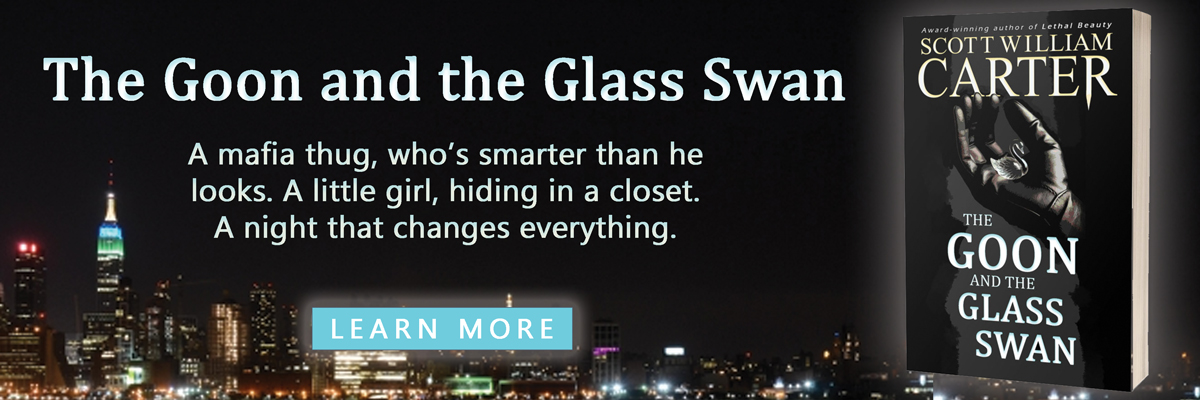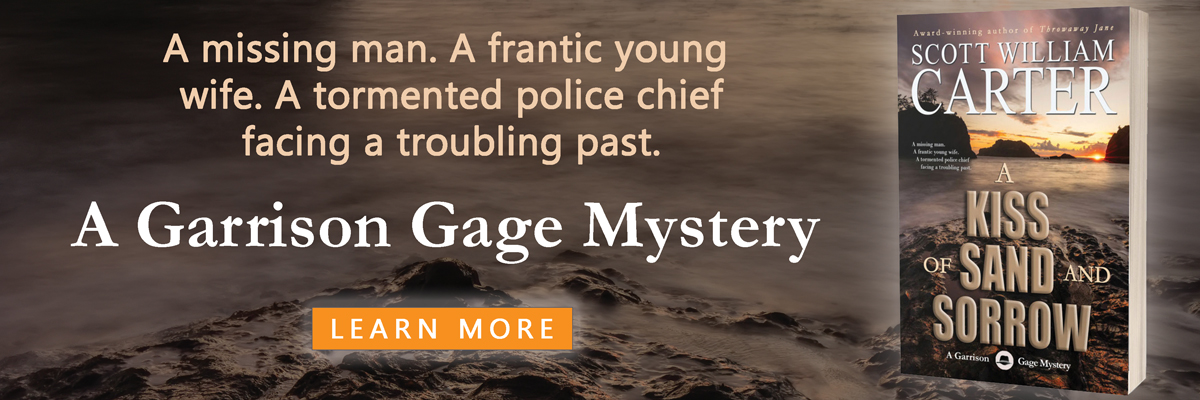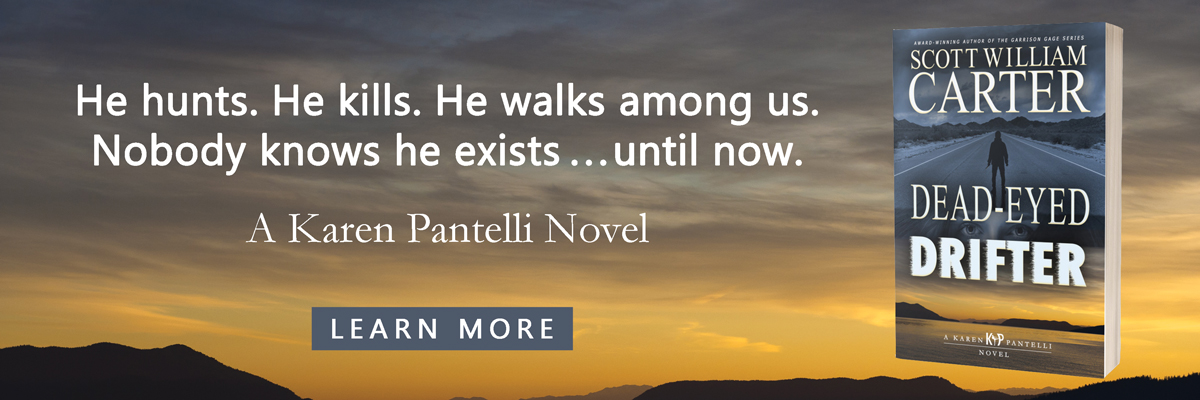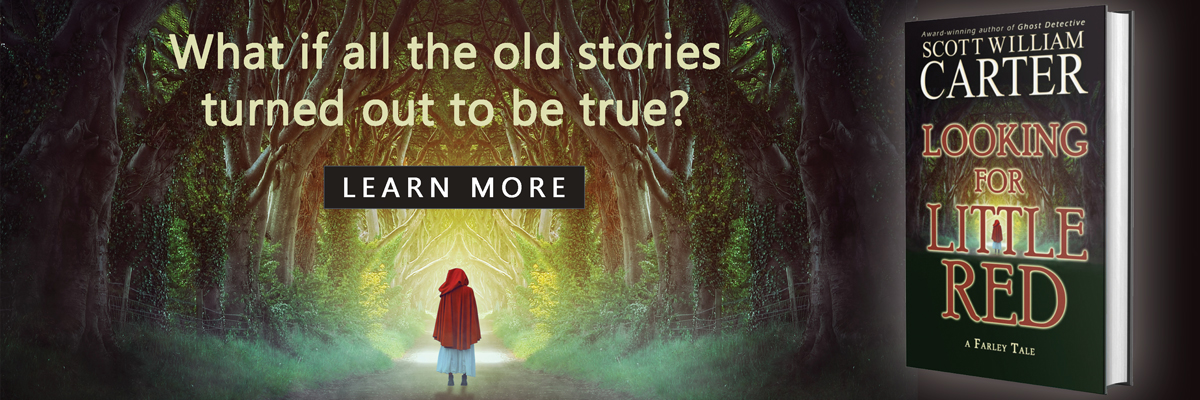‘Twas the Night Before Christmas (for Writers)
(an arrangement by Scott William Carter)
‘Twas the night before Christmas when all through the publishing house
Not an editor was stirring, not even an intern’s mouse
All the contracts were done by the lawyers with care
In the hopes that poor writers would see them as fair
 Then what to editors’ bleary eyes should appear
Then what to editors’ bleary eyes should appear
A miniature device holding a million books — right here!
A nerdy bald-headed man so bright and deft
I knew in a moment it must be Saint Jeff
And more rapid than paper, his device produced
Chaucer and Grisham and Patterson and Proust
And so on to the homes the orders soon flew
With packages full of Kindles and gift cards, too
Into the writer’s lives the Kindle came with a bound
It was dressed in opportunity and the future was sound
It turned not a page but there was no doubt it would stay
And filled all the bank accounts with a seventy percent day
And laying his finger on the side of his eReader
Then giving a tap onto the Internet Jeff loss-leadered
But I heard him Tweet as he dissolved out of sight
“Merry Christmas to all authors and to all authors — just write!”




